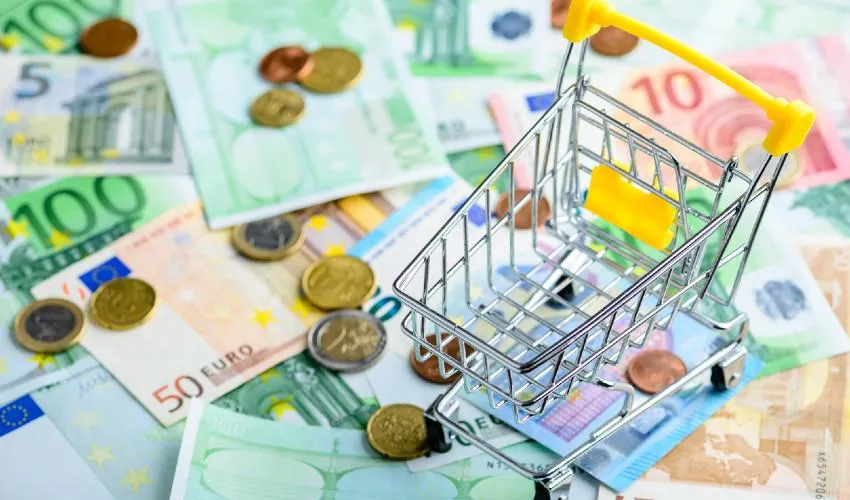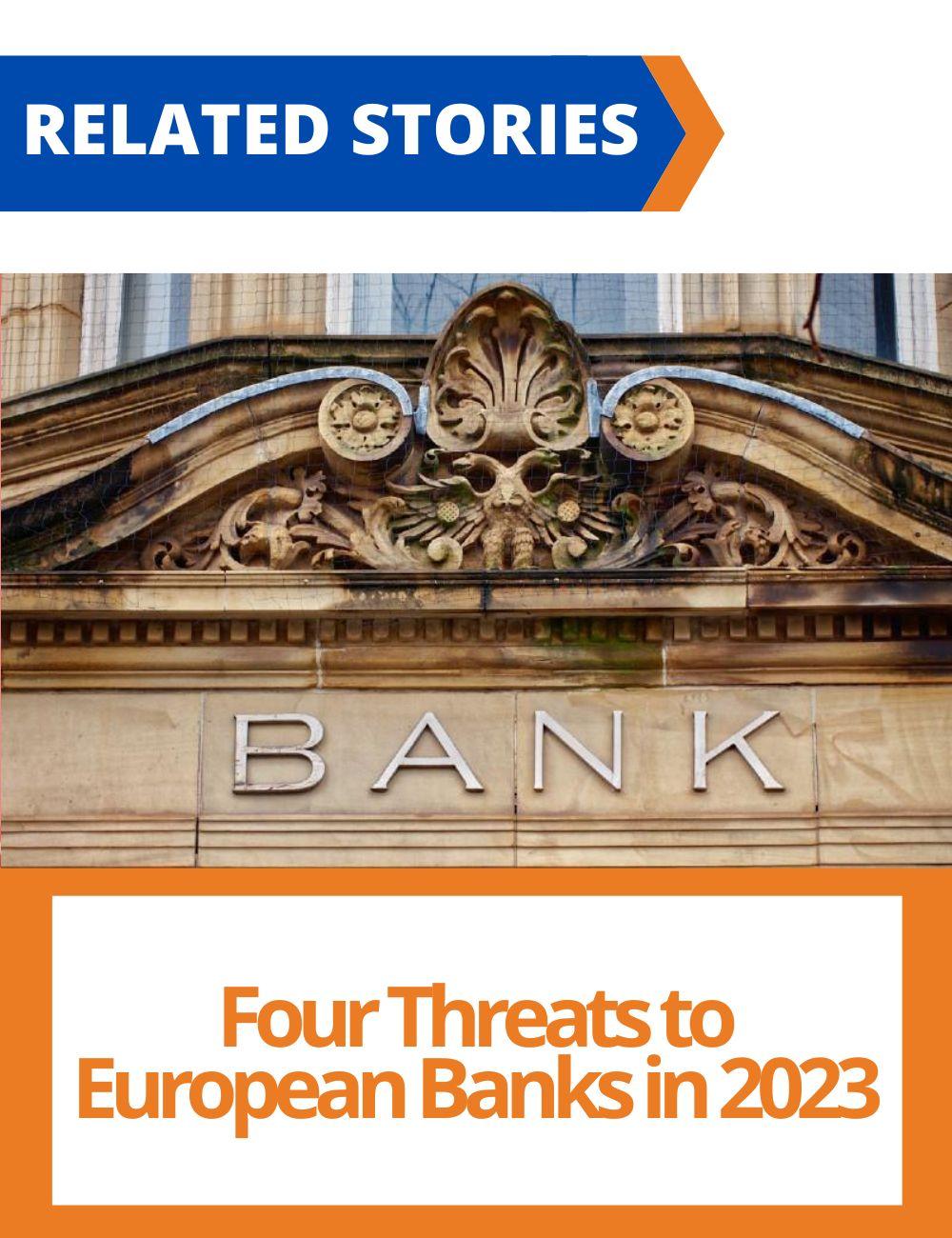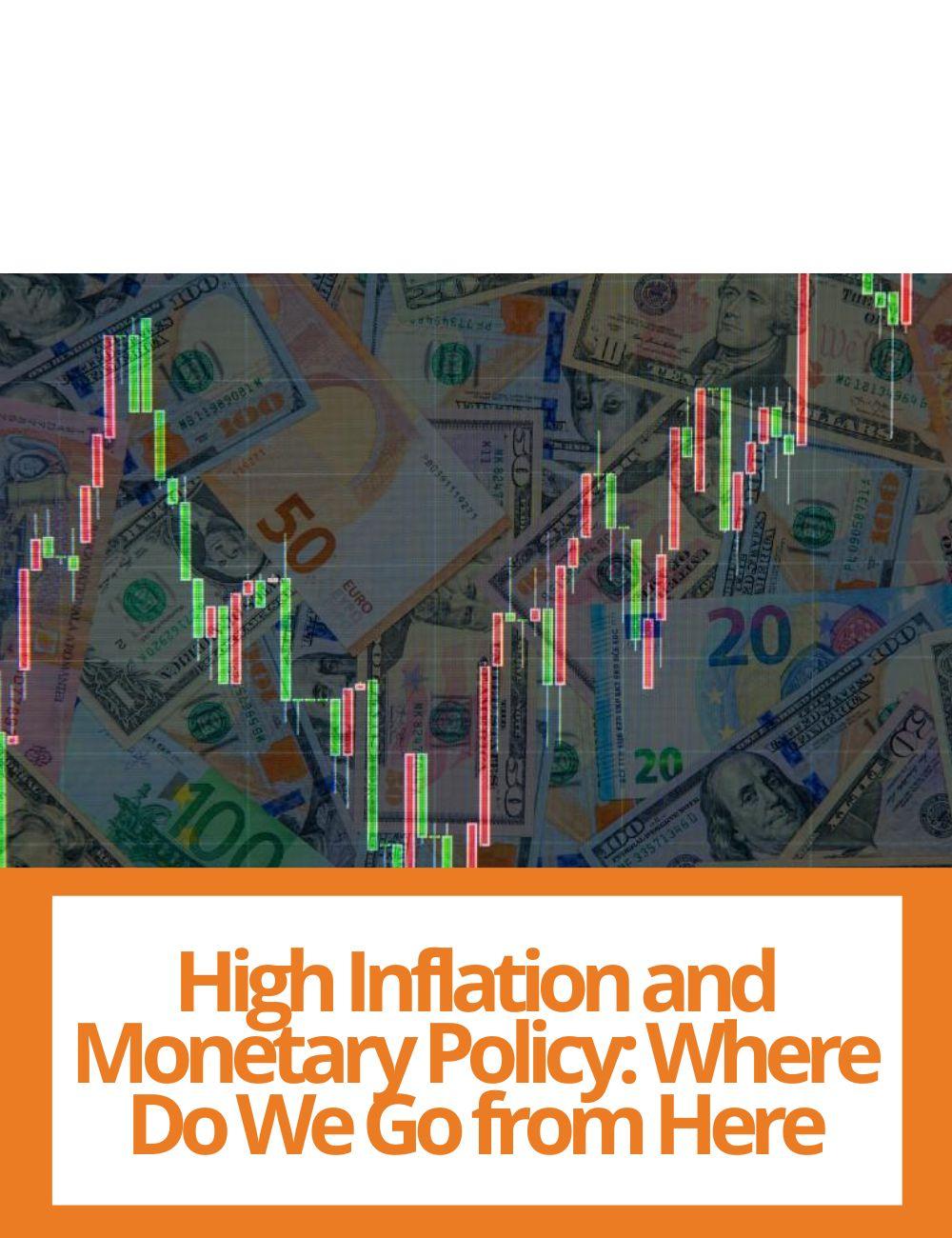
Inflation and Rates: Understanding the Past is Crucial
It is often said that those who do not know the past are condemned to repeat it. However, even a mechanical application of lessons from the past can prove problematic, and this is the mistake committed by the European Central Bank (ECB) in the face of the post-pandemic inflation crisis, according to a paper by Daniel Gros and Pietro Galeone, respectively Director and post-doctoral fellow at the Institute for European Policymaking @ Bocconi University (IEP@BU).
In their paper titled "The ECB in the Face of an Unprecedented Energy Price Shock", Gros and Galeone argue that even when inflation reached 10% in 2022, "a model trained only on data until end-2021 would have predicted a much smaller increase in core inflation even with the extraordinary increase in energy prices that materialized in mid-2022." Until the end of 2021 and even into early 2022, what could be observed was an increase in energy prices- certainly a concerning phenomenon but not unprecedented. In 2012 and 2018, energy prices had already increased significantly without pulling up the prices of other goods (the so-called core inflation, i.e., inflation excluding energy and food products, which is the variable that monetary policy can affect).
Looking at a longer time period, from the early 1970s, the authors observe that the relationship between energy prices and core inflation is not constant. In normal times, it is true that energy costs do not translate into a generalized increase in prices, while in times of high and rising inflation, a perverse mechanism is triggered, which makes inflation particularly sensitive to both energy prices and the increase and level of inflation in the immediately preceding periods.



Gros and Galeone document that the transition from normal times to those of high-sensitivity occurred in mid-2021, while the ECB reacted by starting to raise interest rates only in July 2022, a one-year delay.
An important factor contributing to the increased sensitivity of core inflation to energy prices was that, in the early months of 2022, it was not so much the prices of oil but those of natural gas that increased. Natural gas is an important component of European production costs in both industry and services.
Finally, one should also consider the shock that hit many supply chains (starting with microchips) as the world emerged from the pandemic, activities resumed, and demand for many components suddenly increased.
The good news is that today, all the factors that contributed to the inflation increase have subsided, and Europe seems to have returned to "normal" times, where fluctuations in underlying inflation are contained, as the two authors argued in a paper dating back to June 2023.
However, if someone thinks that the ECB is once again lagging in adapting to a situation that has returned to normal, , Lorenzo Bini Smaghi, asserts that "it is preferable for a central bank to cut rates late after raising them late, rather than cutting them too early and risking raising them again. Central banks are ultimately judged by whether they have won the war against inflation." Gros himself believes that the most contentious issue for the future of the ECB is not interest rates but a balance sheet that has swollen excessively in recent years due to massive bond purchases, limiting its operating capabilities and exposing it to significant losses, especially when interest rates rise. "The most urgent measure today is to reduce the central bank's balance sheet," he asserts.